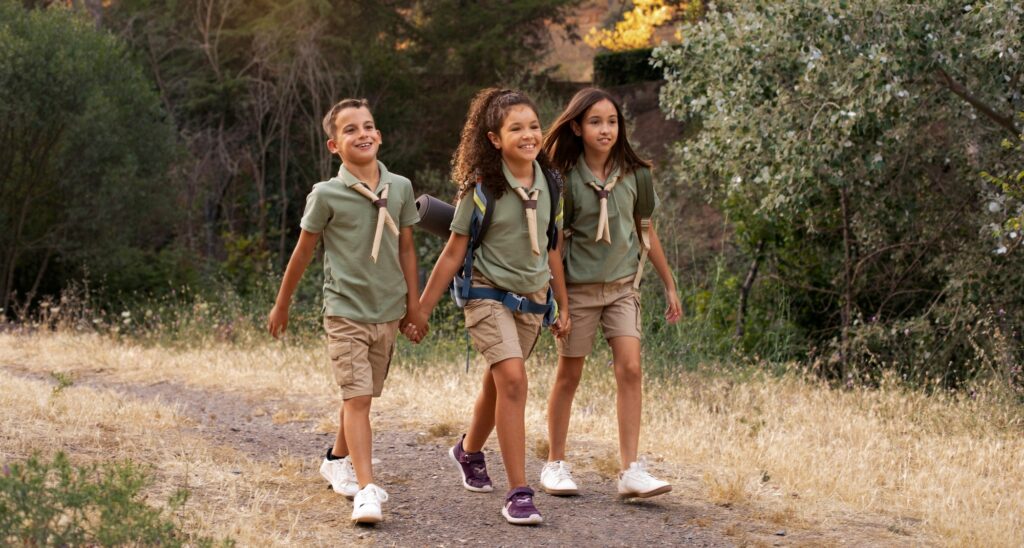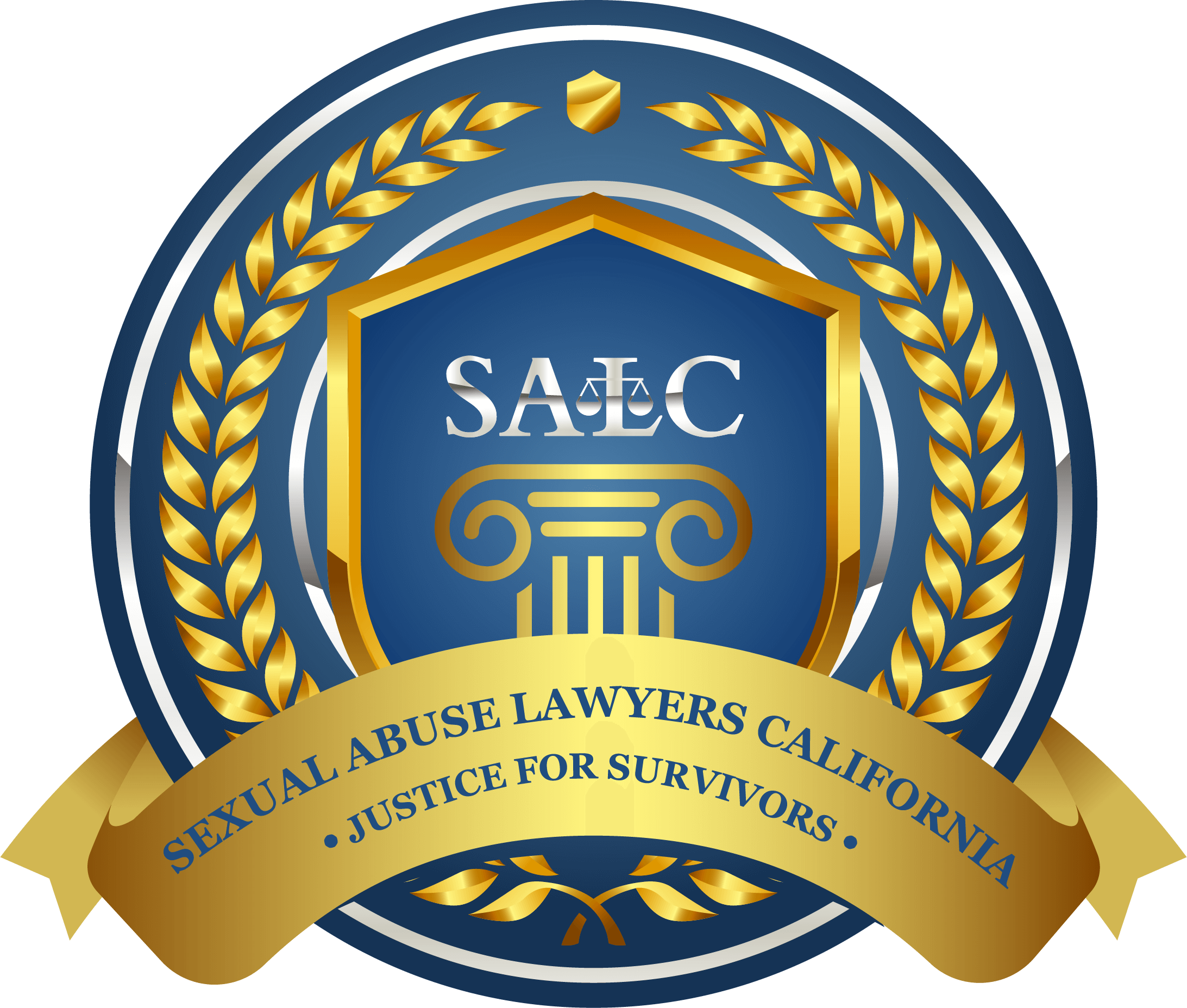In the idyllic beauty of summer camps, where children and staff come together for experiences often described as life-changing, safety can never be overemphasized. As places designed for growth, learning, and fun, these environments must remain sanctuaries, free from harm. But as summer days brightened camps everywhere, issues began to arise – instigated by parents, guardians, and educators – concerning the potential sexual abuse within camp environments. The concern was not without merit, as incidents have been reported, prompting a nationwide discussion of the need for strict protective measures.
Camp sexual abuse attorneys play a significant role not only in bringing criminals to justice and supporting victims but also in advocating for stronger prevention strategies. This prevention would rely, to a great extent, on the recognition of signs a child may have been sexually abused at camp so that immediate and proper actions are taken. Protecting our young people’s collective well-being requires all the stakeholders of this effort to commit to it, emphasizing the urgency of addressing this pressing issue head-on.

The Current Landscape
The current situation of the safety measures in camps reflects a tapestry of practices designed to protect children from harm; concurrently, some gaps allow room for sexual abuse incidents. Protocols have been well-thought-of, but the delivery of comprehensive strategies has varied immensely, with some camps doing an exemplary job of preventative measures and others lagging, bound by the restraints of resources or simply lack of awareness. Camp sexual abuse lawyers see far too many cases that show just these discrepancies, and this is exactly why safety measures need to become more standardized.
Recent reports and studies have highlighted the alarming incidence of sexual abuse in camps, leading directly to the need for enhanced protection measures. Poor examples of common failures include not having consistent background screening of all staff and volunteers, failing to provide proper training on how to identify and act on the signs of sexual abuse or having channels of communication to report concerns. These deficiencies not only endanger campers’ well-being but also foster sexual abuse and reduce the trust that parents and guardians have in these institutions. Safety measures prevent sexual abuse; thus, they are important in gaining and maintaining their trust.
The statistics, therefore, remind us of the rather long way ahead. As camp sexual assault lawyers offer insight when investigating such events, their knowledge, in turn, proves priceless in advocating for change. The legal fight and victim stories spur more and more camps to reassess their safety standards so that camp-like joy and enrichment are not darkened by sexual abuse.

Legal Framework and Compliance
Protection from sexual abuse at camp is covered under state laws, federal guidelines, and, in some cases, international protocols. Depending on where these camps take place, each jurisdiction may have its own rules that camps are expected to abide by regarding the training of the people at camp, reporting procedures and handling of allegations. A sexual abuse attorney is instrumental in guiding this legal process, making sure that camps not only follow the letter of the existing laws but also adopt best practices for prevention.
Many of these legal requirements include background screening, establishing clear methods for reporting, and implementing training programs to educate employees or other staff on how to identify signs of abuse and how to respond to them appropriately. Failure to meet these standards can lead to serious legal consequences for camps, such as lawsuits, fines, and loss of accreditation. For that reason, consulting with an experienced sexual abuse attorney provides the camp with the necessary understanding of their duties under the law.
Implementing Comprehensive Background Checks
The foundation of any camp’s safety protocol against sexual abuse lies in the implementation of comprehensive background checks for all staff and volunteers. This critical step goes beyond mere formality; it serves as a crucial barrier against potential abusers gaining access to children. A sexual abuse attorney can attest to the effectiveness of these checks in mitigating risks, as they are designed to uncover any previous criminal behavior, including sexual offences. Background screenings should encompass national databases, sex offender registries, and, where applicable, international records.
The depth and breadth of these checks ensure that individuals with a history of harmful behavior are identified and prevented from working in settings with vulnerable populations. By rigorously screening every person involved in camp operations, camps can significantly reduce the likelihood of a sexual assault case. Without these measures, camps risk policies that inadvertently foster sexual abuse.

Training and Education Programs
The implementation of robust training and education programs for staff and volunteers is critical in the fight against sexual abuse at camps. These programs equip camp staff members with knowledge and skills in the identification, prevention, and effective response to signs and other forms of sexual abuse. It’s just important that this kind of training doesn’t take place one time; it is an ongoing aspect of the running of camps, updated with the latest research and best practices in the protection of children. Comprehensive safety measures prevent sexual abuse and ensure a safer environment for all attendees.
Camp sexual abuse attorneys emphasize that those programs must be multi-faceted, including understanding the behavioral signs of abuse and the dynamics of predator behavior, but also the legal responsibilities regarding the reporting of abuse and effective communication strategies with campers. Training should also promote an environment where staff feel empowered and obligated to understand and act on suspicions or reports of abuse. By staying informed with this knowledge through ongoing training, camp staff can become a formidable frontline defense against sexual misconduct, ensuring a safer camp environment for all attendees.
Enhancing Supervision Strategies
Effective supervision techniques are crucial in preventing sexual abuse within camp settings. Camps are required to balance ensuring the kids’ safety and maintaining privacy and freedoms. To move further under supervision, camps should start assessing and increasing their staff-to-camper ratio. This is especially important for activities that create more critical risks or opportunities for unsupervised interactions.
Programs that implement buddy systems have identified staff to serve as safety watchers and have some check-in and check-out systems that can ensure safety without letting the campers feel they are being overly watched. Also, the use of technology like surveillance cameras within general living areas without invasion of privacy in sensitive areas can deter inappropriate behavior while also keeping a watchful eye. The use of these strategies, particularly, can greatly reduce the opportunity of a sexual assault case since there will be multiple sources for oversight and protection.
The camps should also make the campers feel that they can report their concerns because they are going to be listened to, taken seriously, and acted upon immediately. Sometimes, the training of the staff to look out for subtle signs of distress or discomfort by the campers may contribute to early intervention and prevention of abuses that might occur. California summer camp sexual abuse lawyers emphasize that it is very imperative for children’s summer camps to actually communicate directly, clearly, and concisely with the parents about the policies and procedures regarding supervision so that the parents are confident of its commitment to protecting their children. With these techniques, camps become safe yet warm environments, allowing campers to have fun while experiencing positive experiences.

Fostering Open Communication
Creating a camp environment where open communication flourishes is fundamental to preventing sexual abuse. When campers feel secure and supported in expressing their concerns, the likelihood of identifying and addressing inappropriate behavior increases significantly. Establishing trust between campers and staff begins with clear communication, ensuring that all attendees are aware of their right to feel safe and understood.
The staff should be trained to listen actively and react in a way that validates the camper’s feelings and concerns. Regular, informal check-ins can encourage campers to share their experiences, fostering a culture of transparency and mutual respect. This is crucial to all campers’ well-being, especially victims survivors life, who need the assurance that they are in a safe place where people care and support them.
Further, the existence of an easy, anonymous complaint system would remove many hindrances concerning the reporting of uncomfortable circumstances. Sexual abuse attorneys emphasize that such practices in camps and all childcare environments help to empower children to report issues and concerns without fear of rejection or retaliation. In fact, free communication is a sure way of making camps accountable, which will deter potential abusers and ensure the well-being of every attendee.
Incorporating Technology for Safety
Modern technology can enhance camp safety measures. It often raises new solutions to age-old issues, hence enhancing safety measures. Apps allowing anonymous reporting do this by offering campers and staff a discreet mode of reporting any incident of abuse or an uncomfortable occurrence. That way, the problem will be brought to light without fear of embarrassment or revenge.
Some apps can even communicate directly and in real-time with the camp administrators so that they can act on time with whatever issue has been brought forth. Should this step reach the courts, the presence of a sexual assault lawyer will be necessary to support and guide them in the protection of their rights in the entire process.
In common areas, strategically located surveillance systems serve as an indicator of inappropriate behavior and afford a third-party means to validate accounts of such occurrences. Doing this is important, however, to balance the use of technology with privacy. Camps may need to consult with a foster care sexual abuse attorney regarding the legal implications of using such technology for the protection of children. By implementing these technological tools, numerous camps can aid their sexual abuse prevention efforts, maintaining a much safer and more secure environment for all campers.

Engaging Parents and Guardians
Parents and guardians must be involved in the safety process in order to achieve a holistic protective environment in camps. The camp should establish an open channel of communication right from the start, updating the kids on what is happening at the camp and the security measures that it has in place. They could provide training sessions and meetings that would orient parents on how to approach certain sensitive topics, including signals of distress that could signify that a child has lived through a situation that makes them feel uncomfortable. By preparing parents in this way, camps can ensure that even the victims survivors life is well taken care of and protected to feel safe and understood in the camping experience.
The preventive measures encourage an open dialogue about what kids can and should expect while at camp and make them understand the need to feel empowered to report anything they might experience as wrong or inappropriate. Having such resources and references available, and in some cases providing them with civil claim sexual abuse attorneys, can convince parents that a camp is taking the proper steps to keep their kids safe and be ready to take steps in the case of an incident.
Continuous Evaluation and Improvement
The fight against sexual abuse in camps will take dynamism in terms of constant evaluation and improvement of the safety protocols. The camp administrators need to have constant reviews of their stipulated policies and procedures, sourcing feedback from campers, staff, and parents to identify areas that require improvement in the safety regulations. It will be open to adopting new strategies as long as much information and technologies become available. This might include consulting with camp sexual abuse lawyers to ensure all measures are in line with the latest legal standards and best practices. A commitment to ongoing evaluation underscores a camp’s dedication to creating the safest possible environment for all participants.

Action Steps for Camp Administrators
- Conduct Comprehensive Background Checks: Ensure all staff and volunteers undergo thorough background screenings.
- Implement Mandatory Training: Organize regular training sessions on recognizing and preventing sexual abuse, ensuring they are based on the latest research and best practices.
- Establish Clear Reporting Protocols: Create and communicate a straightforward process for reporting suspicions or incidents of abuse.
- Engage in Open Dialogue: Foster an environment of trust where campers and staff feel comfortable discussing concerns.
- Consult with Experts: Work with camp sexual abuse attorneys to review and enhance safety policies.
- Involve Parents: Provide information and resources to parents on discussing safety with their children.
- Regularly Review and Update Safety Measures: Continuously assess and improve policies and procedures based on feedback and new insights.
Resources and Further Reading
For further information on preventing sexual abuse in camp settings, numerous organizations and resources are available. The American Camp Association provides guidelines and accreditation standards for camps, focusing on safety and prevention. Websites such as StopItNow.org offer tools and resources for recognizing and preventing sexual abuse. Books like “Protecting the Gift” by Gavin de Becker give insight into keeping children safe from harm. Additionally, consulting with camp sexual abuse lawyers can provide legal insights and strategies for prevention. For specific cases and legal advice, organizations like the National Center for Missing & Exploited Children offer invaluable resources and support.










